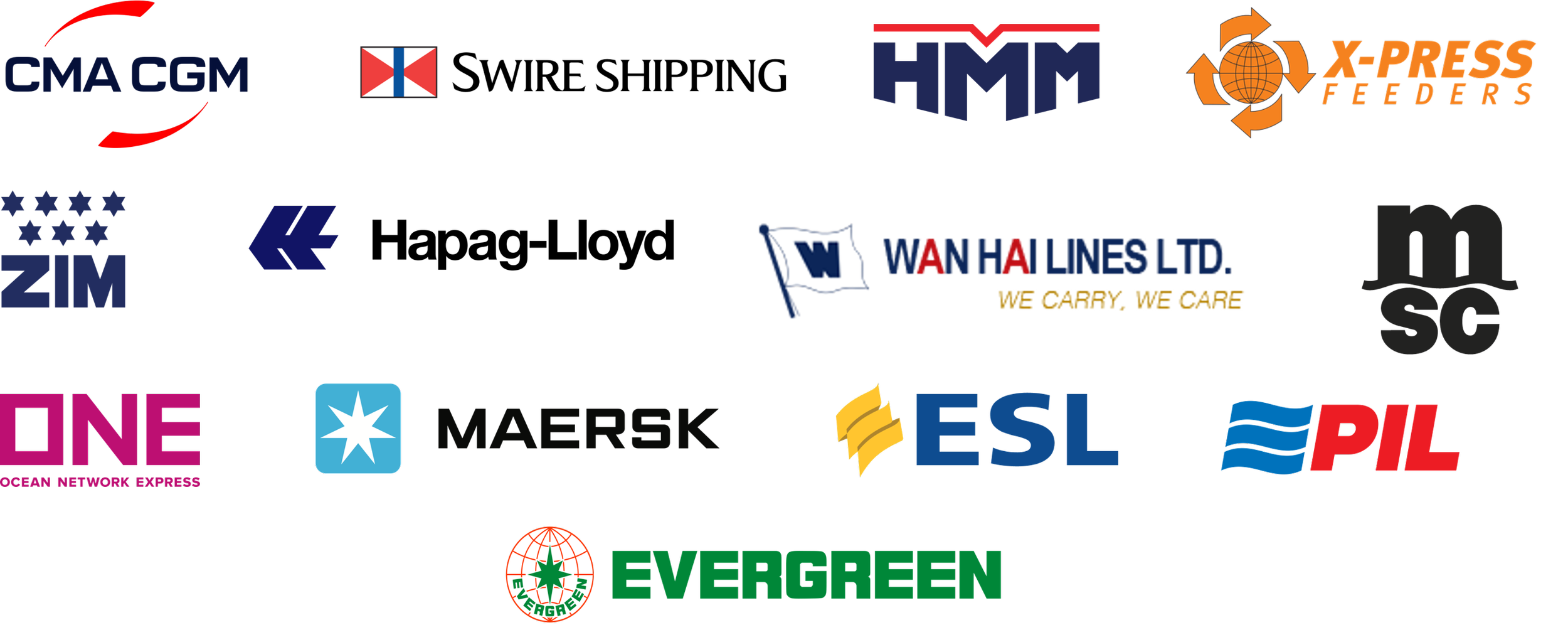
An industry-wide safety net, designed to detect risk early and help prevent incidents.
Undeclared and mis-declared goods remain the leading cause of ship fires.
When shipments aren’t properly declared, people, the environment, cargo, and ships are put at risk.
That’s why the World Shipping Council created the Cargo Safety Program — an industry-wide best-practice standard for cargo screening and inspections. It’s a safety net, designed to detect risk early and help prevent incidents.
By improving cargo screening and inspections, The World Shipping Council’s Cargo Safety Program helps prevent incidents — protecting people, the environment, cargo, and ships.
It’s a practical, proactive way the industry is working together and using technology to keep global trade moving safely.
How it works
At the heart of the WSC Cargo Safety Program is a shared digital screening tool, powered by NCB technology, scanning millions of bookings for keywords, trade patterns, and risk indicators. It uses artificial intelligence and a shared risk algorithm to flag potential issues.
And with every container screened, machine learning helps the tool get smarter — adapting to new and emerging risks.
New industry standards for physical inspections and incident feedback also provide real-world intelligence, helping carriers better assess and manage risk.
“The WSC Cargo Safety Program strengthens the industry’s safety net by combining shared screening technology, common inspection standards and real-world feedback to reduce risk.”
- Joe Kramek, WSC President & CEO of World Shipping Council
Over 75% of global capacity joined
At launch, carriers representing more than 75 percent of global TEU capacity have joined the program. That means most of the world’s container trade will already benefit from enhanced cargo safety.
Support for the WSC Cargo Safety Program
“The International Group of P&I Clubs (IG) welcomes the launch of the World Shipping Council’s Cargo Safety Program.”
“This is an important initiative designed to enhance the safety in the carriage of containerised cargo by identifying the risks of mis-declared shipments. The IG recognises the programs potential to contribute to the protection of vessels, seafarers, and the marine environment, and expresses its support for widespread adoption across the container shipping sector.”
“The TT Club welcomes the development of the WSC Cargo Safety Program as an important tool to mitigate the risk of ship fires and safety incidents.”
On average, a major container ship fire occurs roughly every 60 days - a stark reminder of the serious risks the industry faces. Reducing this frequency demands more than compliance; it requires transparency, vigilance and a willingness to share and act on data across the supply chain. By bringing stakeholders together and leveraging better risk information, WSC’s cargo safety program is an important step toward preventing incidents, protecting lives, and strengthening global trade resilience.”
“Global Shippers Forum recognises and supports steps being taken by WSC to address the real risks and dangers to ships and their crews, and to the integrity of other cargoes, from the hazards of mis-declared and illegally consigned dangerous goods.
“We look forward to learning more about how the Cargo Safety Program works in practice and the protections it offers responsible shippers who do invest the time, money and commitment in meeting their regulatory obligations. Safety is a non-negotiable item in any contract and GSF stands ready to respond to the learnings and opportunities arising from the Program’s findings.”







